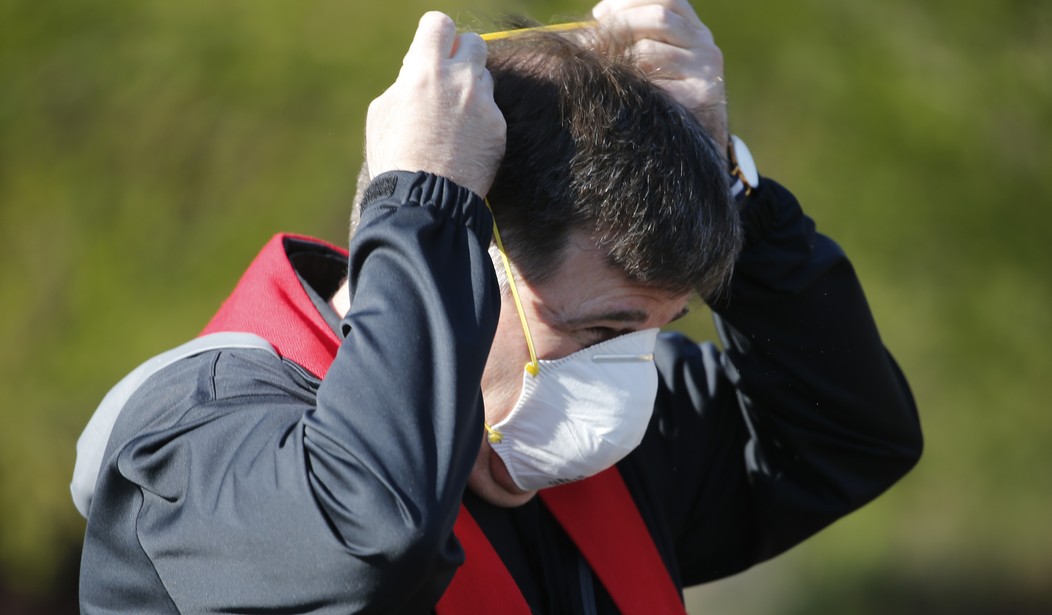From my quarantine hidey-hole in Girdwood, Alaska, it was the oddest of Zoom calls. The oil industry and the fishing industry are not always chummy, but here we were on the same video link. Crews in close quarters – be they fishing boats or oil tankers or drilling platforms offshore – needed appropriate safety measures in this pandemic. Onshore, in remote coastal communities, fish processing plants and oil production facilities both bring in itinerant workers, so both industries sought to avoid enabling contagious “vectors” of coronavirus for others.
The call looked like Hollywood Squares, but no one was cracking jokes.
That morning session focused on testing techniques. Hosted by the University of Washington Medical School, it included maritime industry leaders from Alaska, Washington, Oregon, California, Texas and Louisiana. Some of the fish folks had common medical advisers with the oil folk. It was proof for me, having spent intense parts of my career mediating between these two industries, that American industry often rises to the occasion to meet a common challenge.
The energy industry has stepped up in numerous ways throughout this pandemic. Efforts range from helping Americans who face financial uncertainty during this challenging time to bolstering the efforts of our critical healthcare workers. This kind of spirit from American enterprise makes our country great.
For starters, widespread sacrifices have been made by employees to keep energy and power flowing to American homes and businesses. This is essential to maintaining whatever normalcy we have; from letting us work from home, to keeping hospitals and food distribution running.
While many of us hunkered down, many energy workers stayed at work – taking shifts weeks longer than normal – to maintain power. National Grid, a power and gas firm based in Syracuse with operations across the Northeast, kept everyone else’s lights on by sequestering 200 workers on the job for a month. Sometimes employees slept at power plants, sometimes in RV’s in the parking lot.
Recommended
Employees at remote production facilities are still using extraordinary measures to make quarantines effective. In Alaska, a two-week shift in the Arctic might be preceded by a two-week quarantine in an Anchorage hotel. Remote worker quarantine for the hotels in my block have been about the only business downtown, as tourist and other business travel has dwindled to almost nothing.
Energy companies have also continued to support Americans in need across the country. With a dive in prices in the wake of COVID-19 lockdowns, a price war between Saudi Arabia and Russia, and overproduction that brought prices to levels unsustainable for the oil patch, one might expect charitable contributions – and charitable acts – to have fallen by the wayside. They didn’t.
Across the west, major donations of money and food have been made by the industry to food banks, to ensure others could eat. Colorado and New Mexico’s Oil and Gas Associations led a charge in their states to help non-profits get food to homebound seniors and to kids. Here in Alaska, my daughter’s company – a service firm to the oil and gas industry – helped organize an artist telethon to benefit Children’s Lunchbox, an organization that feeds kids who normally rely on school breakfasts and lunch. In Texas, Chevron kicked in $230,000 to organizations like the West Texas Food Banks and two Permian region United Ways for food and housing security.
Other support came for health care workers. Marathon donated nearly 10,000 N95 masks to University Medical Center of El Paso and the El Paso County Children’s Hospital, and nearly 500,000 masks and gloves in total. A million dollars went to the Red Cross for their relief efforts.
Others in the oil patch expanded production of protective equipment. Exxon, which had invented isoproyl alcohol (IPA) in 1920, when it was called Standard Oil, ramped up IPA production in Baton Rouge to help sanitizer producers meet growing demand. (Some of that has made it north to our parts.) The firm also increased its capability to manufacture specialized polypropylene, used in medical masks and gowns, by about 1,000 tons per month, “enough to enable production of up to 200 million medical masks or 20 million gowns,” the company announced.
My favorite t-shirt and meme this pandemic year is a big dumpster fire, with 2020 painted on the side. But around this dumpster fire it is nice to know we can sing Kumbaya, even if we can’t hold hands.
A hand-painted “we’re all in this together” sign posted on the bike trail near my cabin reminds us that it will take sacrifices from all parts of American life to keep this pernicious virus from killing more people. While the energy industry is merely one small part of this larger effort, they are setting an example for the kinds of partnerships that will be key to defeating COVID-19.
Mead Treadwell served as Lt. Governor of Alaska and is an investor and officer in energy and telecommunications firms focused on the Arctic.
























Join the conversation as a VIP Member